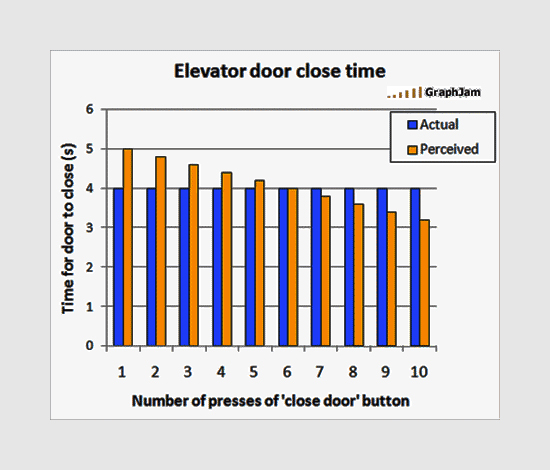
The world is the sum total of its parts, a constantly emerging manifestation of all that has come before. The actions of causes and conditions – natural forces such as weather and human behaviors such as technology – naturally produce effects, and these effects become the causes and conditions for effects that follow. Thus, while we generally anticipate the future, none of us really knows what is to come. The sum total of all causes and conditions is simply too enormous and complex to predict the future with absolute certainty.
The tools we use to anticipate the future are based upon our memory of the past. As we receive present-moment information through our sense perceptions, we rapidly correlate this data with stored memories and associations and project outcomes into the future. This massive computational operation is done in milliseconds, and within day-to-day events requires little conscious direction.
When we are crossing the street, we observe the flow of traffic, and based upon our experience, evaluate whether or not we can cross in time to avoid being hit by a car. Should the car quickly accelerate, we must adjust our computations accordingly; failure to do so results in catastrophe.
Planning for the longer-term future requires directed mental activity, wherein we use our conscious thought and problem-solving capacities, rather than the instantaneous computational tools of direct awareness. We consider a myriad of factors outside of our direct control and experience, relying on the opinions of others in addition to our own judgment. Depending upon the decisions to be made, we frequently find ourselves trying to plan for outcomes that are the product of inconceivable complexity. Most often, this is where the greatest confusion sets in.
If our decisions were simply based on the ways of the natural world, things would be uncertain, but natural patterns and cycles do make prediction a bit easier. Trying to predict the outcome of human activity is infinitely more difficult. Human actions are far too unpredictable and erratic for tight assumptions to be made successfully. We are inventors and experts in transformation, and rarely patient. The effects of our decisions occur rapidly and generate new causes just as fast. Our memories recollect a world that no longer exists, so basing our future assumptions on past experience is of ever less efficacy. Not knowing what causes and conditions will emerge next, we constantly witness the failure of our assumptions to correctly predict effects and outcomes.
It has always been this way for human beings, but this experience has accelerated due to technology. The motorcar, the telephone, the Internet – the emergence of world-changing causes has always forced us to adapt. We continuously find ourselves in confusion; as Bob Dylan wrote, “Something is happening here, but you don’t know what it is.” This is not because we are stupid, but because the emerging complexity is simply too great for us to fully comprehend in a hurry.
We want to be comfortable with our assumptions, feeling that doing so will make us less confused, but this inevitably leads to disappointment. Like constantly shifting ocean currents and waves, affected by weather halfway across the globe, reality continuously emerges beyond our view and grasp. With full acceptance of this fact, we can choose to rely upon the possibility that if we are patient, confusion may dawn as wisdom.